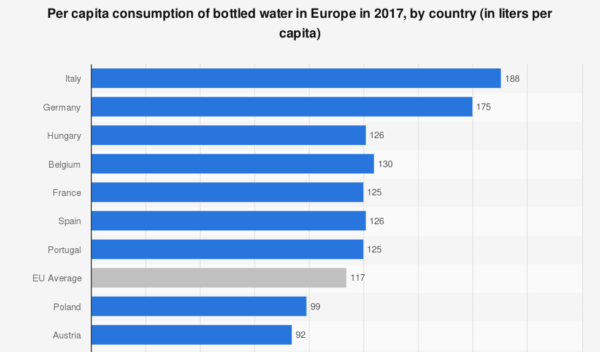According to a report by Zenith Intl. Ltd., the global market for drinks packaged in compostable bottles increased by 150% in 2006, reaching a volume of 10 million liters. This is a significant increase and reflects the growing interest in sustainable packaging in the food and beverage industry.

Compostable bioplastic bottles are made from renewable resources, such as cornstarch or sugarcane, and can be composted in industrial composting facilities. These bottles break down faster than traditional plastics, which can take hundreds of years to decompose. Composting bioplastics also helps to reduce the amount of plastic waste that ends up in landfills, oceans, and other ecosystems.
In addition to bottles, compostable bioplastics can also be used to create jars for food products. Compostable PET jars, for example, are made from plant-based materials and are designed to break down within a certain timeframe. These jars are ideal for food products that require a longer shelf life than beverages, such as sauces, spreads, and condiments.
Compostable PET jars offer several advantages over traditional plastic jars. For one, they are made from renewable resources and are biodegradable, so they have a lower environmental impact. They are also lightweight and shatterproof, making them easier and safer to transport. Additionally, they are clear and have a high gloss finish, which enhances the product's visual appeal and helps to increase sales.
The demand for compostable bioplastic jars and bottles is on the rise, and many companies are recognizing the benefits of using these materials. In fact, some companies are taking it a step further and developing their own compostable packaging solutions. For example, Nestle is working on a compostable coffee capsule made from sugarcane and beet pulp.
Compostable bioplastics are not without their challenges, however. One of the biggest issues is the cost, which is currently higher than traditional plastics. However, as more companies invest in this technology and demand increases, the cost is likely to go down. Another challenge is ensuring that the bioplastics are truly compostable and do not contaminate the composting process.
Despite these challenges, the growth in the global market for compostable bioplastic bottles and jars is a positive sign. As more companies invest in sustainable packaging solutions, we can look forward to a future with less plastic waste and a healthier planet.